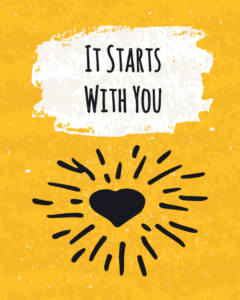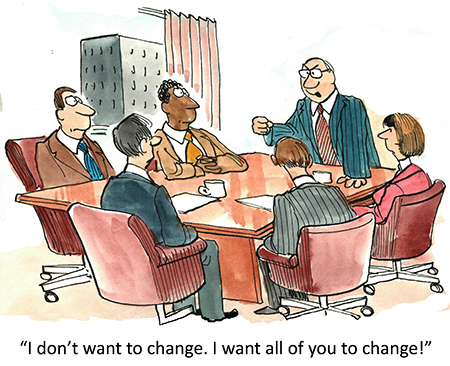 My eldest son has this keen sense of knowing just how to encourage someone, and he freely gives encouragement to others. His focus is how he can help, and he can see through conflict at times to what the real issue might be. He loves to look out for other’s needs, and frankly he does things for me when I least deserve it – rare for a teenager I think. My youngest son…well, not so much. He must get that from the father’s side. For my youngest, even though his heart is soft, and he is so kind, there is a lack of awareness of what others may need in the moment. If his sister is mad at him, he tends to be “more mad” at her. If he is wronged, then the other will be “more wronged”.
My eldest son has this keen sense of knowing just how to encourage someone, and he freely gives encouragement to others. His focus is how he can help, and he can see through conflict at times to what the real issue might be. He loves to look out for other’s needs, and frankly he does things for me when I least deserve it – rare for a teenager I think. My youngest son…well, not so much. He must get that from the father’s side. For my youngest, even though his heart is soft, and he is so kind, there is a lack of awareness of what others may need in the moment. If his sister is mad at him, he tends to be “more mad” at her. If he is wronged, then the other will be “more wronged”.
If my eldest son was working on a team, I would translate this to his ability to see what others might need, expect the best from them, and serve them with an assumption that they are probably just doing their best, so why not help them or believe the best about them?
Believing the best in others is an untainted, authentic service.
What does this have to do with the unspoken movements in your workplace? Does the culture that is being lived out at your workplace show this untainted, authentic service for one another? I’m not talking about the vision or mission of service hanging on your wall. I’m talking about the “unspoken movements” that happen throughout the day. Conflicts WILL happen. Interpersonal frustrations WILL happen, frequently. When workplace conflicts occur, how do people in your department respond?
Resilience in the workplace means being able to remain undistracted by the volatility of the human nature of another person.
What does that mean? Each of us at times embraces workplace behavior that may not come across as intended, and respond in short, abrupt, and irritated ways. Why do we act this way? Some reasons to explain this type of workplace behavior are:
- We all have bad days.
- We have personal issues on our mind.
- We may not feel well.
- We just came from a hostile meeting.
These things get manifested to others in our workplace. Do you have “space for that” in your workday? Being distracted by this volatility means that we might start thinking about our own emotions when we are the recipient of this volatility. We may think to ourselves:
- “I don’t deserve to be treated like that!”
- “What is her problem?”
- “He is such a jerk.”
- “She doesn’t have the right to respond so abruptly!”
…our anger, our frustration, our BLAME.
Workplace conflicts will come,
but there is something positive that gets “rooted” in your culture
when the “unspoken movements” around the office
are assuming positive intent,
understanding that we all have bad days,
that sometimes we need space, and sometimes….
there is something deeper going on
than just the bad attitude you received.
If so, we can serve another when they don’t “deserve it.’ We can encourage and see through the conflict in the moment to a greater need. Maybe even a question like, “Is everything okay? Is there anything I can do for you?” Believing the best in others is an untainted, authentic service.
Untainted, authentic service in the workplace.
Acting this way, may change others, or maybe even YOU!


Leave a Reply